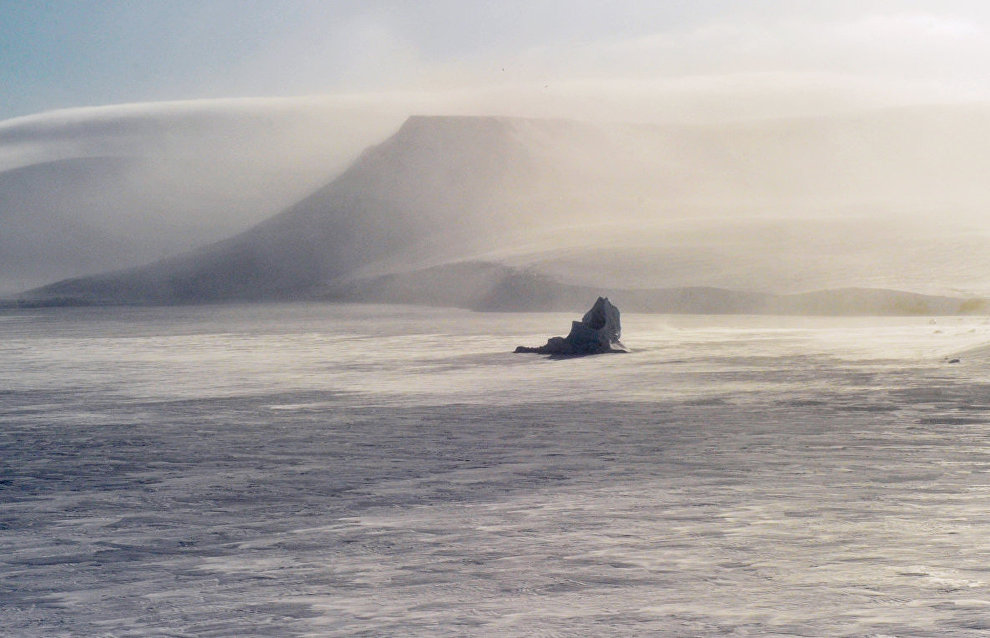Experts suggest making Arctic’s development a separate project
Participants at the 22nd April International Conference of the Higher School of Economics has suggested making Arctic development a separate national project. Specialists believe that the launching of the national Arctic project will make it possible to involve industrial enterprises and research centers in developing the northern territories. Experts see the Northern Sea Route as the main element and driving force of regional growth, according to the press service of think tank Lena Club.
“The Arctic’s natural wealth and nature conservation projects should become a foundation for generating added value by localizing hi-tech and resource-intensive production facilities and by creating a segment of national service companies catering to Arctic projects. The development of the Arctic should become a genuine national project by directly involving the industry, research centers and attendant production facilities from other Russian regions, including the Ural, Sibir, Far East and others, rather than through more substantial federal funding. This can also be accomplished by comprehensively activating their competitive advantages inside regional added-value generating chains that encompass the whole of Russia. The development of the Northern Sea Route, the reinstatement of inter-regional transport and logistic routes as well as their development will play a key role in accomplishing this task,” according to a report called Russia’s Arctic Policy: International Aspects produced Anastasia Likhachyova, Ilya Stepanov, Dmitry Suslov, Igor Makarov, Vasily Kashin and Darya Boklan.
They believe that Russia is more interested in developing the Arctic than most other countries. The polar region accounts for 10 percent of this country’s GDP and 20 percent of its total exports. This can turn northern areas into a base for hi-tech centers catering to Arctic projects. Their transport support will make it easier to use the Northern Sea Route.
The report’s authors also underscore the need for retaining the region’s legal status. As ice formations continue to melt due to global warming, non-Arctic states are becoming more interested in the northern territories.
“A demand to abolish the current system for managing the Arctic by Arctic countries is being voiced more often,” the report’s authors note.
This challenge calls for expediting the development of the northern territories. To claim the right to control virtually ownerless stretches of water is one thing. But it is an entirely different matter to vie for intensive transport routes with a ramified coastal infrastructure.
The national project could focus additional attention and resources on the problem, but Lena Club experts remain skeptical.
“I have a positive opinion of this idea, but, taking earlier attempts into consideration, I don’t expect much to come of it. We will obtain results only if the state drafts an open and understandable policy as regards companies working in the Arctic. So far, we can see nothing of the kind,” said Professor Alexander Pilyasov from Lomonosov Moscow State University’s Geography Department, General Director of the Regional Consulting Institute and Member of the Federation Council’s Expert Council for the Arctic and Antarctic.
According to Dmitry Fishkin, the project can only succeed if it involves various agencies, regions, and if it acquires an international aspect. The expert singled out several key subjects during the national project’s elaboration:
- the Arctic climate and permafrost;
- the Arctic environment;
- transport routes and the Northern Sea Route;
- living space: cities and towns, rotation-shift workers and indigenous Northern ethnic groups;
- new technologies for polar conditions;
- development of the Arctic: geological prospecting and handling hard-to-extract resources;
- self-contained power supply and small nuclear power plants.
Today, the Arctic claims the right to have a resource-intensive but innovative economy, with nature conservation organizations watching it closely. In turn, the state implements a socially oriented policy there.
Moreover, the Arctic agenda can bring together northern regions for the sake of thed common cause - developing the North. For this purpose, the authorities and residents of the polar territories should realize that the project aims to attract resources, rather than siphon them off from the regions.
